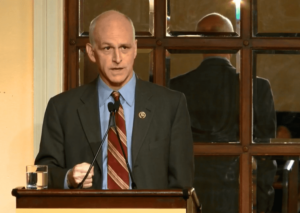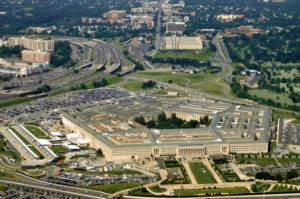
The chairman of the House Armed Services Committee has asked the Biden administration to use its upcoming nuclear posture review to assess the necessity of its full range of nuclear deterrence modernization efforts, including potential program cuts. “The last decade has taught us, painfully, that we cannot afford to continue adding new requirements, capabilities, and platforms, and expect that they will be delivered on time and within budget while we also modernize the infrastructure necessary to produce and sustain such…

 By
By 










